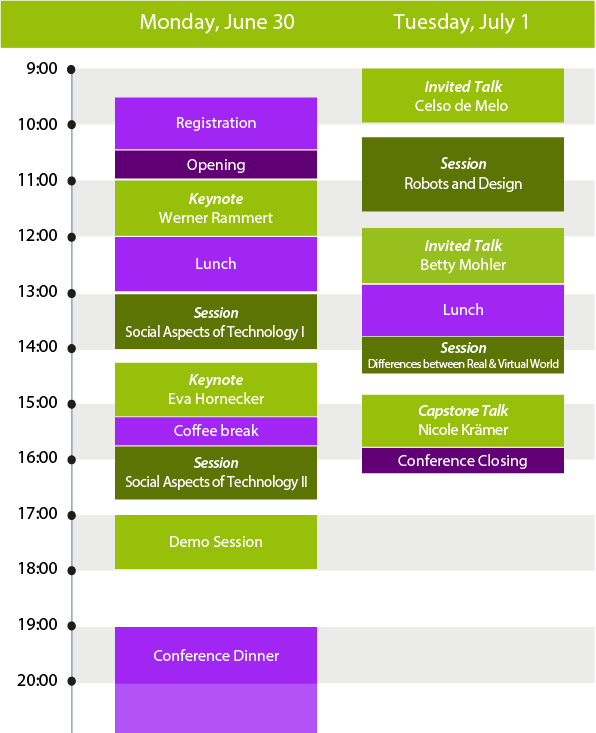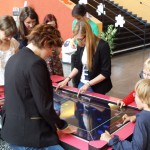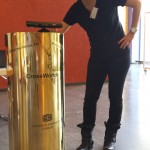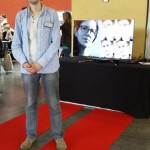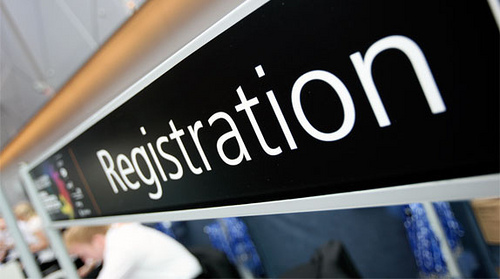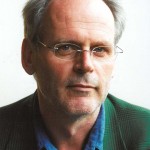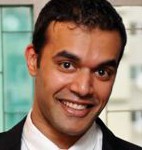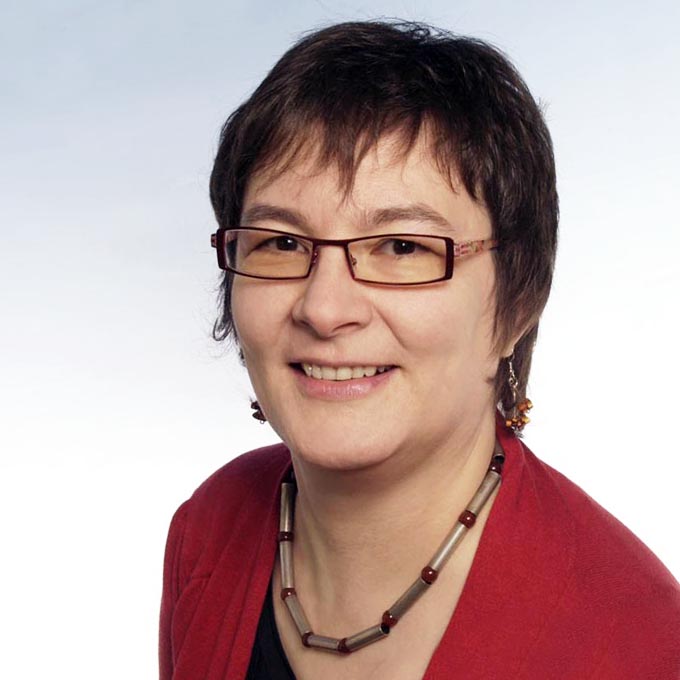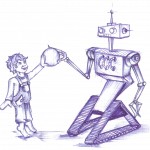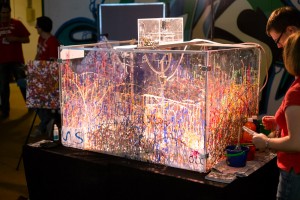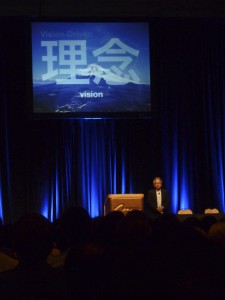On April 25th and 26th the 10th Studentische Medientage took place at the new auditorium building (NHG) at Technische Universität Chemnitz. In accordance with this year’s theme ‘Get Connected!’ numerous communication professionals discussed the importance of networking in lectures and workshops.
Once again the CrossWorlds team supported the conference by displaying their research projects. Amongst other examples, the second prototype table platform of Kalja Kanellopoulos and Michael Storz, presenting a card game and a game of Pong, was open to public experimentation. Currently, their second table is aboard the ship ‘MS Wissenschaft’ and travels across the rivers of Germany. Furthermore, Michael Heidt preseted a join
t human-computer exploration device and Anke Tallig tested the detection capabilities of non-verbal communication behavior by her new robot-guide installation.
And in addition to the professional audiences, the mentoring program ‘Girl’s Tandem’ visited the symposium and interacted with the various exhibitions from CrossWorlds.
The ‘Studentischen Medientage‘ are developed and organized solely by students of the Institute for Media Research at the Technische Universität Chemnitz but nevertheless established itself as a networking platform for other students and media professionals across Germany. This annual conference, established in 2005, meanwhile attracts more than 500 visitors from science and practice, in order to discuss media-relevant developments, new media perspectives and ideas.
